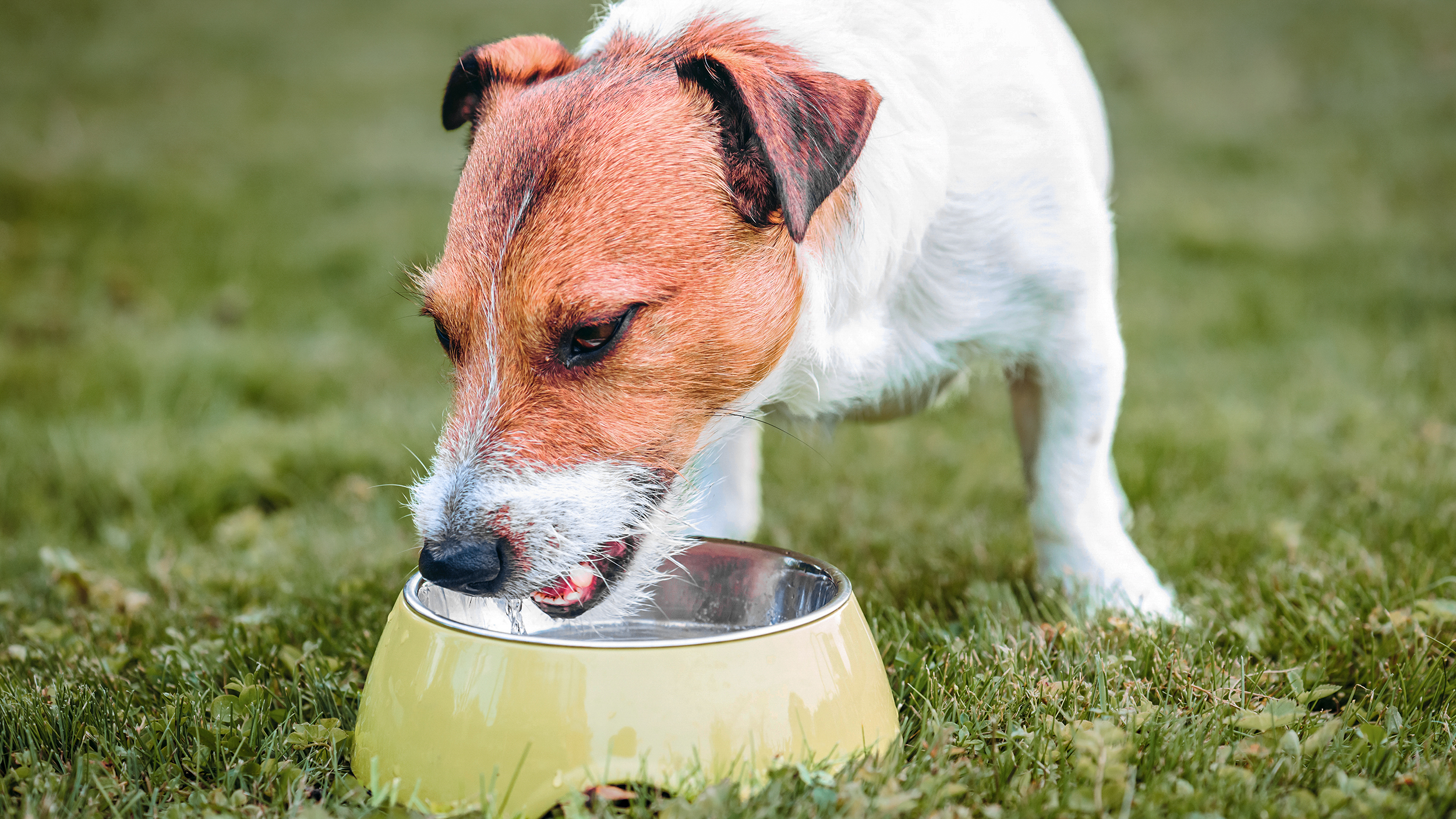Understanding your dog's urinary health and its diet

Urinary problems can affect dogs at any time in their life, caused by a combination of breed or genetic predispositions, lifestyle and factors like bacterial infection. Their diet plays an important role in maintaining good urinary health, and can be used as an aid to help prevent potential problems.
Why is my dog’s urinary health important?
A healthy urinary system is crucial to your dog’s internal functions. Your dog's urinary system, which includes the kidneys and bladder, works to process and remove waste products from their body. If there are kidney issues, the system can no longer remove these products. Bladder problems may include infections or stones. These problems can affect your dog’s comfort and overall health.
What problems can dogs have with their urinary system?
Like humans, dogs can be prone to developing urinary ‘stones’. These occur when the concentration of certain minerals in your dog’s urine becomes too high. The urine pH, urine volume and other factors also play a role in their formation. Dogs are most likely to suffer from these stones in their bladder, rather than their kidneys (which is where they’re commonly found in humans). Stones in the bladder can cause inflammation, predispose to urinary tract infections and even cause an obstruction of the urinary tract.
There are different types of stone composed of different minerals and compounds. Examples of these are struvite, calcium oxalate, urate and cystine. These stones form in different conditions, with urine pH and genetics playing a role as well as other factors.Dogs can also suffer from bacterial infection in their urinary system, which can lead to discomfort in the lower urinary tract. Urinary incontinence, congenital anatomic abnormalities and tumours are amongst other conditions which affect the urinary tract in dogs.

Which dogs are at risk of urinary problems?
Although all dogs have the potential to develop urinary problems, some breeds and types are predisposed to these problems. Smaller breeds can be at a higher risk of forming certain types of stones, in part because they drink less water, have more concentrated urine and urinate less frequently than bigger dogs.
Dalmatians have a genetic mutation which affects protein processing in their body, putting them at risk of urate stones. English Bulldogs and several other breeds can also be affected by this mutation. Alongside this, if your dog is overweight, it’s more likely to develop calcium oxalate stones.
How can my dog’s diet support their urinary health?
Your dog’s diet plays a useful role in maintaining a healthy urinary environment to help reduce the risk of developing certain stones. This is done many ways, including by influencing the pH of the urine, limiting the number of precursors for the stones, and in some cases helping to encourage dilution which helps to prevent "supersaturation" of urine, a state where stones spontaneously form.
If your dog has stones, certain types of stones can be dissolved with veterinary urinary formulas and medication. Other types can't be dissolved and may need to be removed, for example, with minimally invasive procedures or surgery. If your dog has an infection, this must be treated medically with antibiotics.
Importantly, providing your dog with plenty of water will encourage them to drink. The increased water consumed will help produce a larger urine volume which will help decrease the concentration of minerals and also result in more frequent urination flushing the urinary tract when offered opportunities to urinate. In some cases, your veterinarian may advise you to feed a special formula designed to help increase your dog's voluntary water intake. It's important to make sure your dog has access to clean, fresh water at all times and provide frequent opportunities to go out and urinate.
If you notice your dog’s behaviour when it comes to urination has changed, make sure to visit your vet who will be able to conduct a full examination and help you choose the right diet to support your dog’s urinary health.
Find a vet
If you have any concerns about your dog’s health, consult a vet for professional advice.
Like & share this page